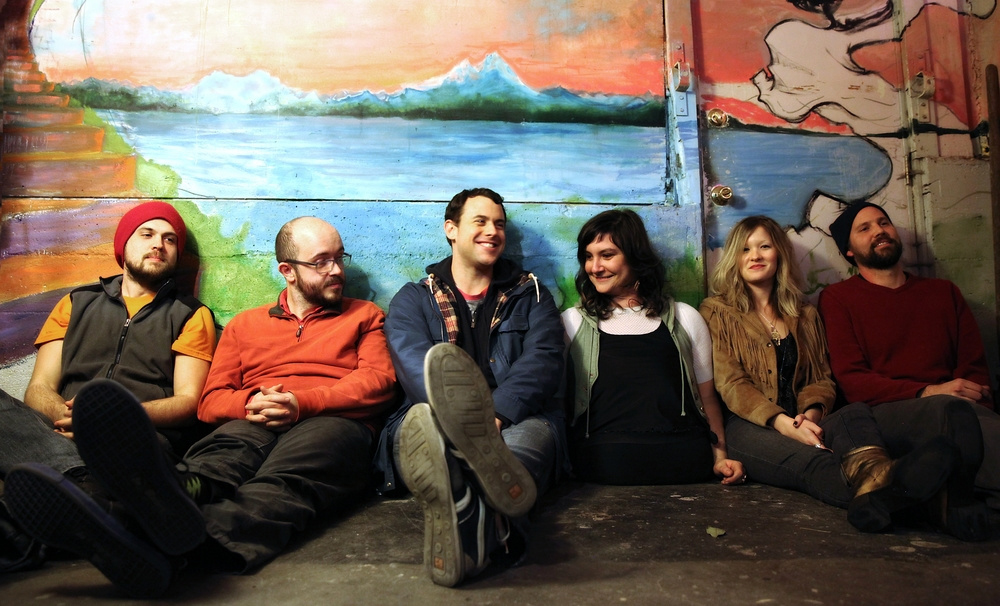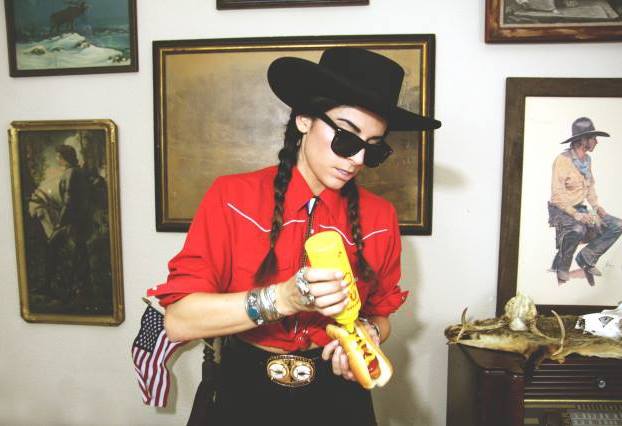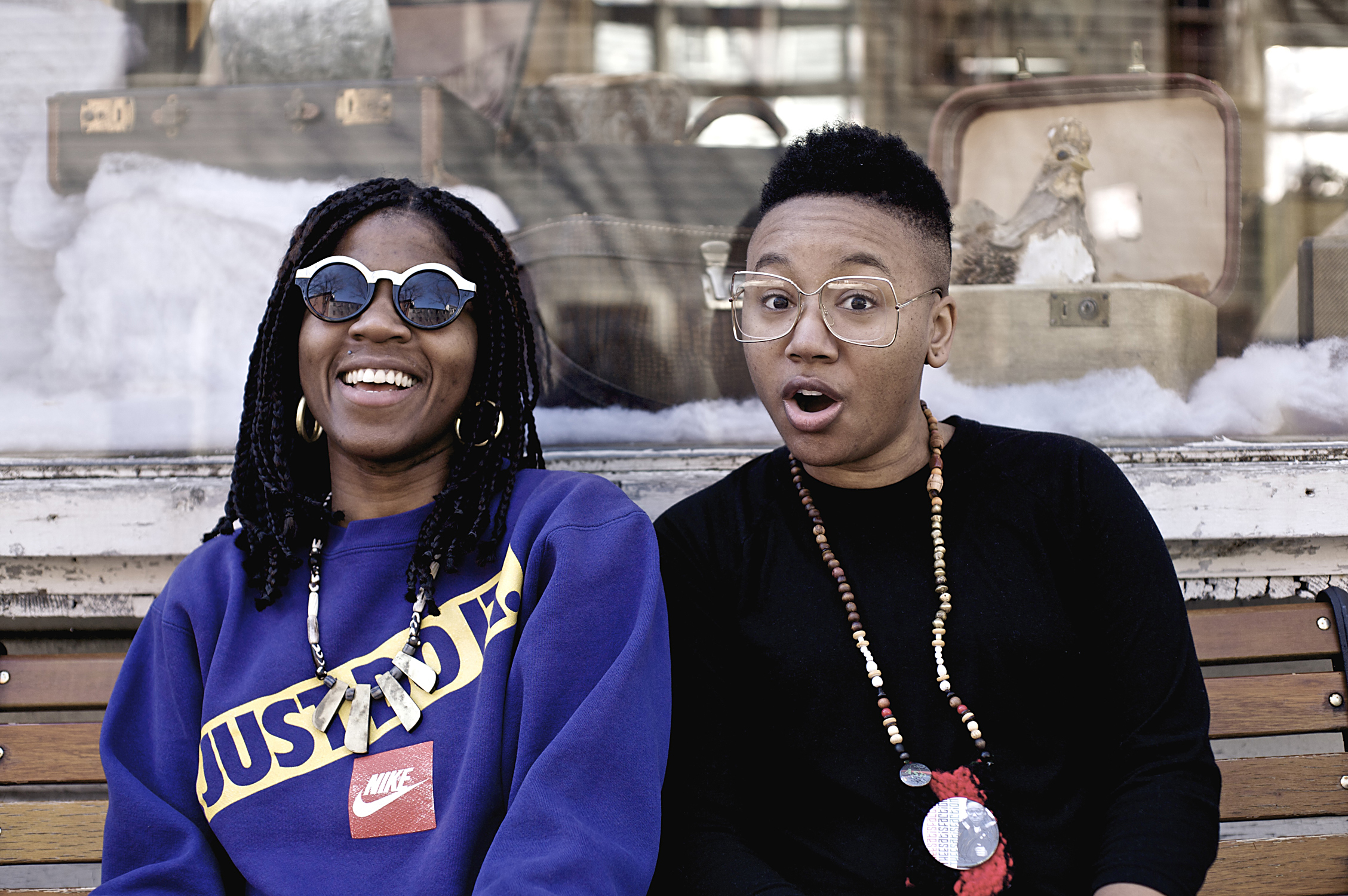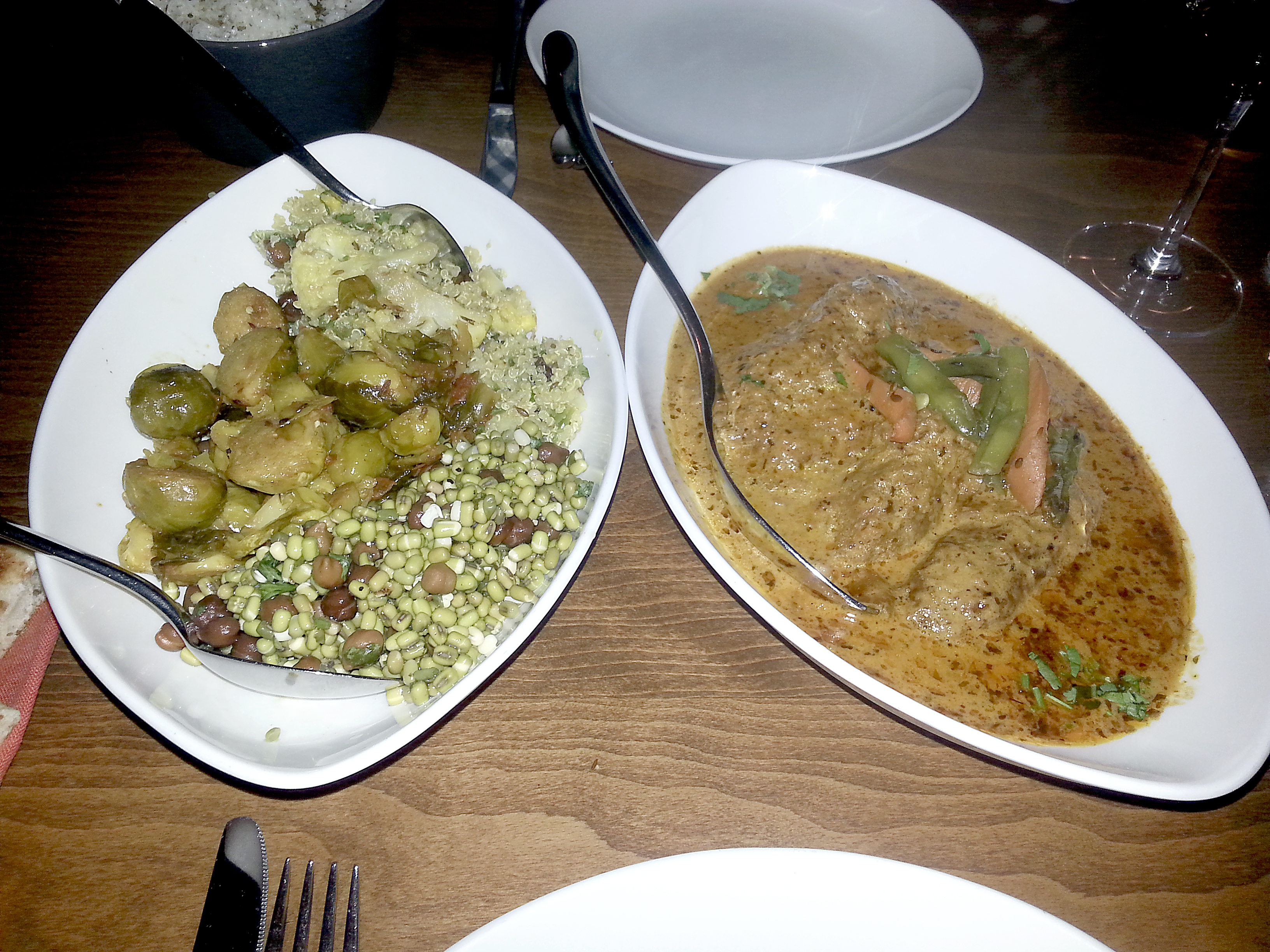Year after year, you can always count on the Northwest Folklife Festival—now in its 43rd year—to deliver something interesting. No, it’s not as trendy as Sasquatch!, as hardcore as Rain Fest, or as DIY as Spokane’s Volume Fest (which will culminate not this weekend, but on May 30–31); but Folklife, with its scarf dancers (here’s looking at you, Boe Odissey), ethnic tunes, and laid-back, family-friendly vibes offers something those fests don’t: a celebration, free for one and all, of what makes Seattle the progressive, arts-centered—and yes, diverse—community we’re proud to call home.
Its roots-oriented, mixed-bill programming is what inspires Mindie Lind, of local band Inly. Her group, a circus-folk six-piece featuring sultry, sister-close harmonies awash in wah-wah trumpet and noodly guitar, released its debut EP last month. The band plays the Vera Stage on Saturday, and Lind, who works in PR during the day, took a few moments to tell us about her thoughts on the fest, growing up in the church, and the Cripp-culture concept that lives in her band. (Read the full interview at seattleweekly.com/reverb.)
SW:
Tell me about yourself and your relationship to the Seattle music scene.
Lind: I’m from Georgia, where I was raised. When I moved here I started to understand some of the music of the South, because it wasn’t saturated in the politics of the South, and I latched on to the Americana country scene out here. I grew up in the church; I was part of one of those families that went to church three times a week. I grew up in the choir, and I played French horn and was classically trained. But I spent a long time loving Jesus when actually I was falling in love with music. I sold the horn to move out here when I was 23. Now I’m 31, so it’s been about eight years.
How did you connect with your bandmates and Katie Blackstock? She complements your vocals with such close, pretty harmonies you’d think you’re related.
I love that “sister harmonies” sound. I’ve been looking for someone to sing with who has that quality, someone told me about Katie, and I just messaged her. I think we were five minutes in, and it just worked. I love singing with Katie; she’s confident, easy, and she just knows where I’m going. Kieran [Harrison Buhlinger] is the guy behind that awesome guitar; we must have met at Cafe Racer. Kieran is in the band Corespondents, and we started talking about how we wanted to make music together. That’s how I met the other dudes in the band.
You said the video for “Mississippi Misfit” says a lot about your band—what did you mean by that?
For me, I have no legs. That song was a specific reference to “Cripp” [i.e., crippled] culture and Cripp identity. I don’t really like the word disability, and I’ve been looking around for a better one, like adaptability. It’s not about what you can’t do, but how you’re going to do it. Like me on the skateboard [in the video]. The problem with the word disability is that it’s a symbol that comes from our culture of help, and we were really trying to play on that symbol, that picture, to break that apart from icons of disabilities and talk about it in a way that includes sexuality, self-sufficiency, and artistry. The video is about Cripp-culture creativity and how it fits in our band.
How does Folklife fit in with that ethos?
The thing about Folklife is that it features so many kinds of music that are all related, but there’s a lot of branching out. There‘s traditional folk music, psych and roots-based music, and plugged-in reverb sounds. I’m excited to see so many bands. Corespondents, my favorite band in Seattle, is playing; Colt Kraft Band; Low Hums; there’s this guy Ethan Lawton, he plays this rootsy rocksteady sound, it’s the funnest, prettiest music. I like really diverse bills, and Folklife does a good job with that.
gelliott@seattleweekly.com
NORTHWEST FOLKLIFE FESTIVAL Seattle Center, 684-7300, nwfolklife.org/festival. Free. Fri., May 23–Mon., May 26.








